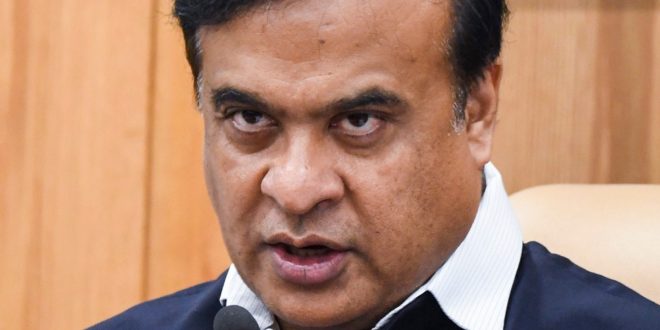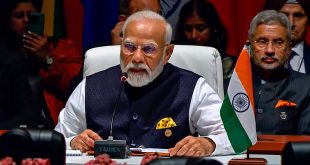Guwahati: Assam Chief Minister Himanta Biswa Sarma has expressed concern over the construction of the world’s largest dam proposed by China (China ) on the Brahmaputra River in Tibet. He said that this project could cause serious damage to the ecosystem of the river in Assam and surrounding areas. He says that the dangers arising from this dam will not only dry up the river bed, but will also weaken the entire river system.
Chief Minister Sarma said while talking to reporters, “The ecosystem of the Brahmaputra river is like a lifeline for Assam. The construction of this dam will lead to a decline in the river bed, which will reduce the water level and will also have an adverse effect on the climate.” He also said that the central government has been informed about this issue and India has talked to China on this.
China was informed about the dangers
The Chief Minister of Assam said that the central government has informed China about the dangers posed by the dam in the lower areas of the river. On this, Prime Minister Narendra Modi’s government has objected to the possible impact of this project on China. The Chief Minister said, “We have already raised this issue with the central government, so that problems caused by it in Assam and other areas can be prevented.”
Pema Khandu wrote a letter to the Center
Arunachal Pradesh Chief Minister Pema Khandu has also written a letter to the Center regarding this issue. Khandu said in his letter that this project may lead to a partial reduction in the water flow of the Brahmaputra river, which may increase the climate crisis in Arunachal Pradesh.
What is China’s dam project?
Last week, China approved a huge hydroelectric project on the Yarlung Zangbo River (Tibetan name of Brahmaputra) in Tibet. The dam will be built in a vast valley of the Himalayas, where the Brahmaputra river takes a ‘U-turn’, enters Arunachal Pradesh and then flows to Bangladesh. The project has emerged as the largest hydropower project ever and has raised concerns in both India and Bangladesh.
 Indian Thought Latest News & Views
Indian Thought Latest News & Views



